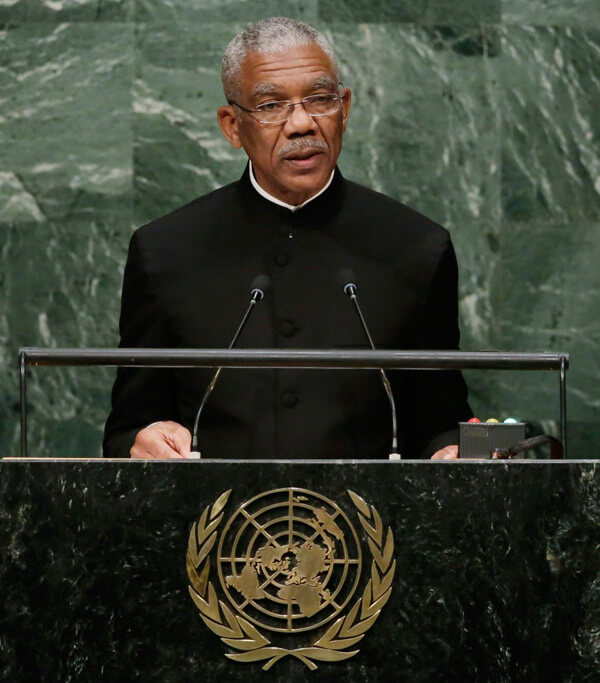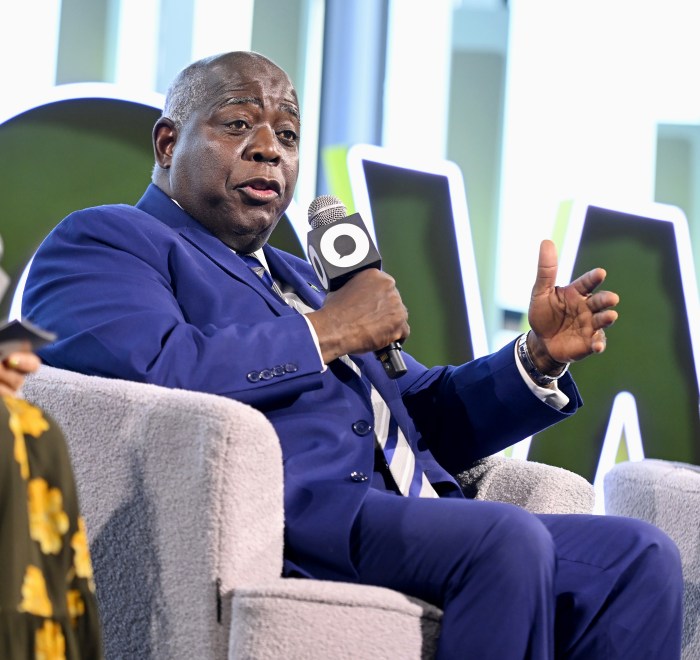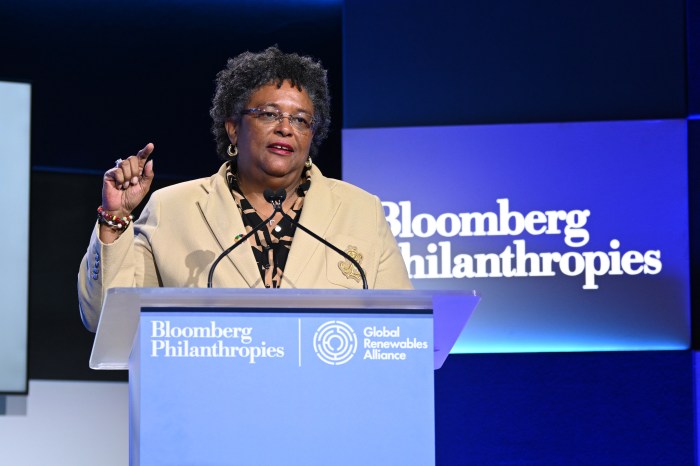Guyana, the Caribbean trade group nation which has long been known to be the one blessed with the most natural resources of its regional neighbors, is setting to become Latin America’s newest oil and gas producer sooner that most people would dare to think.
Back in May, Exxon Mobil, which has had a large offshore concession declared a humongous oil and gas find in a field about 120 miles offshore Guyana triggering jubilation in the country of less than a million people, a nation that will soon be very rich from all appearances.
In the past week, officials from Exxon’s Houston, Texas headquarters, flew by private jet to Georgetown for talks with President David Granger and other top officials.
The American delegation included Stephen Greenlee, the president of Exxon who Guyanese government officials had said late last year that they are very happy to see.
This is because they wanted to discuss the issue of Guyana drawing down up to $2B even before a drop of oil is pumped to fund a string of development projects across the country — roads, rural and hinterland electrification and an asphalted 350-mile jungle road to Brazil.
Officials this week were reluctant to talk about the frontloading of money from the global oil giant but one thing was clear from interviews with delegation members who met with Greenlee and his team.
They say that Exxon has given local authorities every indication that actual production of oil and gas could begin in what industry officials say would be record time — 2017, less than two years after the confirmed discovery of a commercial find.
“There is every reason for optimism on this issue,” said Prime Minister Moses Nagamootoo. “My impression from the discussions is that oil will be extracted well, long before the next general elections in 2020,” he said, responding to a specific question about a timeline.
When, not if, Guyana begins to pump and export oil and gas, it will join Trinidad and Suriname as major oil producers among the 15 nations in the Caribbean Community group of nations. Barbados has a small developing on land producing industry and others such as the Bahamas and Grenada are waking up to the very real possibility that oil and gas might be nearer than they think as these countries are surrounded by oil and gas producers.
In the case of the Bahamas, it is near the Gulf of Mexico, while Grenada is neighbor of Trinidad, which has been pumping oil for more than 100 years and has large gas deposits as well.
The company is forging ahead despite soft international prices per barrel of oil because it is now cheaper to lease equipment, drilling and exploration rigs as many companies around the world have either scaled back production or closed off for the while, freeing up equipment at cheaper than normal rates.
The declaration by Exxon has sparked worldwide interest in a basin that the U.S. Geological Surveys had long said was one of the largest virgin areas in the world. Several other companies including Repsol of Spain have applied for concession blocks adjacent to that of Exxon.























